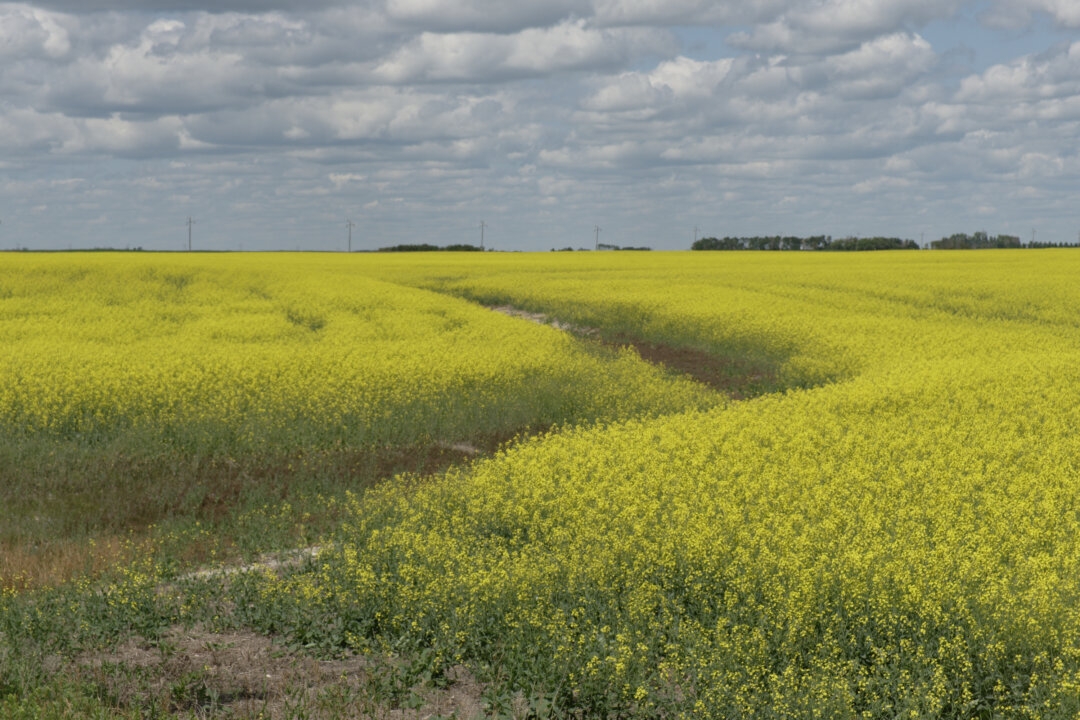
The Philippines has launched its Nationally Determined Contribution Gender Action Plan (NDC GAP) earlier this week at the ADB Headquarters in Mandaluyong City. "We recognize that climate change is not gender neutral," Climate Change Commissioner Rachel Anne Herrera said at the launch, adding "women need to be equipped to make informed decisions, access resources, and organized themselves in the face of climate change." The NDC GAP is a tool that guides government and stakeholders in the climate change sector in integrating gender considerations across the NDC process, the ADB said.
"It is designed to serve as a monitoring and evaluation framework to track the progress of gender-responsive NDC implementation," it added on its website. Initiated by Herrera in 2021, the NDC GAP will support the gender-responsive implementation of the NDC, serving as a road map to integrate gender and social inclusion in climate change policies as well as measures of four lead agencies: The Department of Environment and Natural Resources, the Department of Agriculture, the Department of Energy, and the Department of Transportation. "The Gender Action Plan with the NDC now means GHG emission reduction and avoidance of emissions will not come at the expense of women and other disadvantaged groups, [that] financial support for transformation will be distributed more equitably, and economic gains will be enjoyed by communities more equitably," said Analiza Teh, Undersecretary for Finance, Information System and Climate Change of the DENR.
Said Herrera, the "NDC GAP is a reaffirmation of our nation's commitment to global climate action as a party under the UNFCCC and the Paris Agreement." The Philippines submitted its NDC in 2021, committing to reduce 75% of greenhouse gas emissions by 2030, with the country aiming to increase its renewable energy share to 35% of power generation by the same year, and up to 50% by 2040. "These commitments are not just mere numbers.
They represent our vision for a sustainable future," Herrera continued. According to Herrera, four thematic areas — Governance, Adaptation and Mitigation, Measurement, reporting and verification, as well as Finance — were analyzed before gaps were identified. "We actually started the work in 2021, thought the Climate Change Commission but we had to revisit because the findings after the pandemic, we felt it was not sufficiently reflective of the readjustment of priorities of the government," Herrera told GMA News Online at the sideline of the launch.
Winfried Wicklein, Director General of the Southeast Asia Regional Department, said 37 out of 49 countries with NDCs have acknowledged the linkage of gender and climate. In his presentation, Wicklein pointed out that the Philippines is only the fourth country to integrate gender into climate policies, following Cambodia, Nepal, and Pakistan. Under the Paris Agreement of 2015, countries are required to submitted their climate action plans also known as Nationally Determined Contributions, or NDCs, which outlines how it plans to reduce greenhouse gas emissions to help meet the 1.
5C global goal. Countries need to submit updated NDCs every five years, with the next round happening in 2025. According to Herrera, the recently launched GAP "should be contained there.
" "We mentioned gender in the NDC but not very specific as to the strategies. I think it will be easier for us to discuss to have a stronger statement in the NDC in the next iteration," she said. — RSJ/GMA Integrated News.










